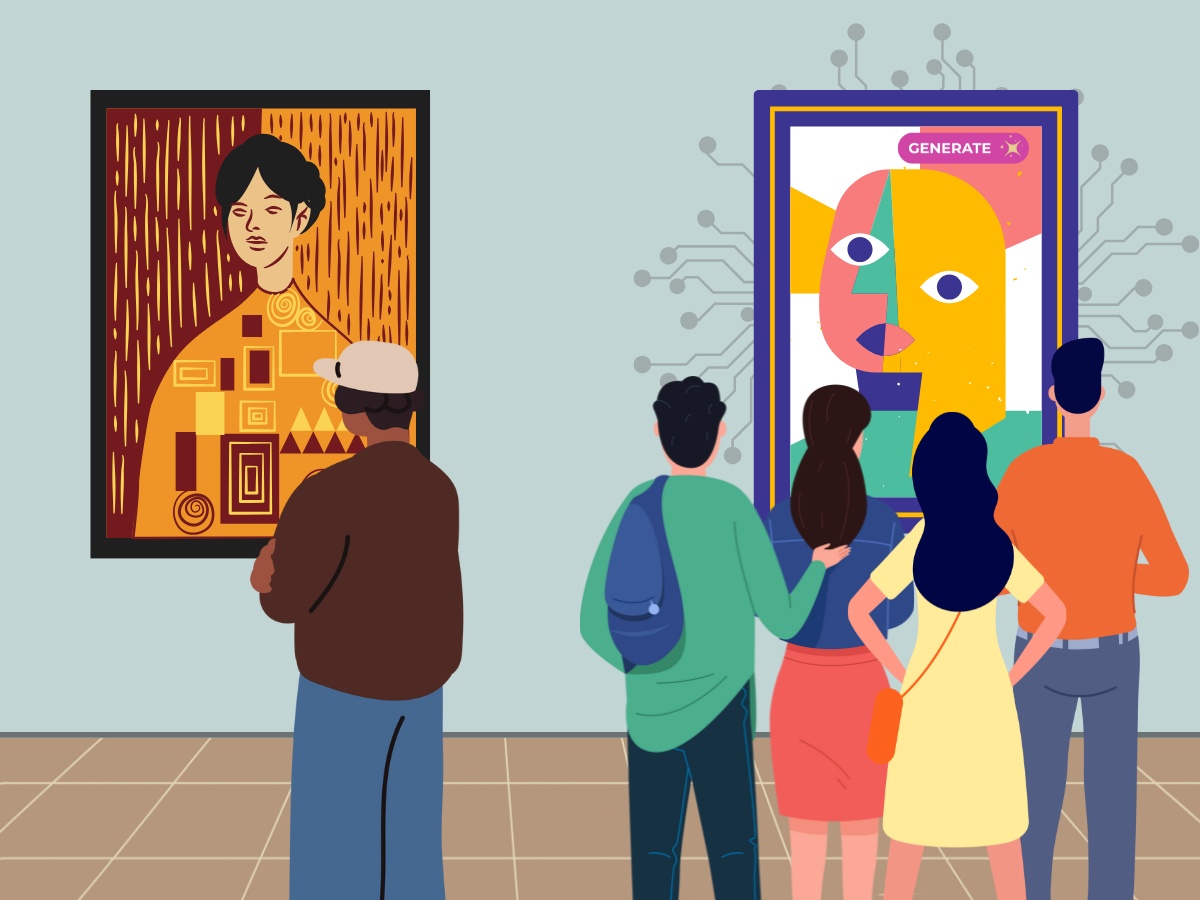When considering the role of social media and its influence on modern day relationships, we must acknowledge that its heaviest implications lie within viewers’ interpretation rather than the content itself. Relationships consist of several complex layers of feelings, circumstances and spiraling thoughts that encourage us to find consolation in social media, which can help us make sense of our thoughts. But it’s within this consumption that problems can arise, and it’s necessary to consider how we as viewers interpret the information we seek. Although social media can provide temporary solace and broaden perspectives, it is ultimately a Band-Aid solution for a situation that must be autonomously assessed.
Several buzz phrases from social media have integrated into many people’s perspectives on relationships such as: “If they wanted to, they would,” “I can fix them” and methods on “how to make someone obsessed with you.” While humorous and partly true, it’s also important to recognize the effects of these mindsets.
The statement “if they wanted to, they would” applies to basic tasks, such as reciprocating conversations or making time to see you. It’s helpful to ground you from wishful thinking. However, approaching relationships under this mentality encourages a false expectation of communication, alluding to a doomed hope that your romantic partner would tend to specific desires that you wish to be fulfilled. When considering your partner’s role as someone who you wish to fulfill your desires, the “if they wanted to, they would” mindset alleviates you of that necessary communication.
For example, the hypothetical scenario is abandoning hope for a relationship simply because your partner is not tending to your wants, such as asking you on a coffee date. Then, using their lack of initiative against them, in lashing out and treating them poorly because you internalize it as intentional against you. While it would be beautifully pleasant to have your wants easily read, this mindset alleviates your role in healthily communicating with your partner.
Moreover, videos that encourage tactics on “making someone obsessed with you” drive the message that relationships can be established if one person plays puppetmaster just right. It guides how to get another person to like you if you were to behave in a certain, ingenuine way and ends up as a desperate attempt to navigate a relationship through baseless foundations. Videos that encourage you to capitalize on another person’s vulnerable characteristics, such as how to get someone with avoidant attachment obsessed with you, borders on manipulation.
As seen in the media, the romanticization of avoidantly-attached characters such as Chuck Bass from “Gossip Girl,” perpetuates the glamorization of toxicity, which is what fuels this content to be both produced and consumed. The principle of trying to get someone to dishonestly be attracted to you encourages people to try and manipulate others for personal benefit, which is a bad narrative to encourage!
Consider Nate Jacobs from “Euphoria,” a heartthrob character that piqued the interests of many viewers. His character is one with a psychologically disturbing background, with family issues and abusive tendencies that were masked by an attractive facade. The running joke of “I can fix them” has perpetually become a romanticization of toxic behaviors and patterns. Sympathizing with one’s difficult past and then actively seeking partners with trauma because of their complexities is an approach to relationships that should be reconsidered.
Additionally, the popularization of extremist relationship perspectives, such that men are biologically driven to act in a certain way and women are conditioned to think in a certain way, has left an incredible contrast of black and white positionality. This has been adopted by a sample of impressionable and vulnerable individuals, who internalize the idea that they must somehow understand their partner’s mind, in hopes of gaining control in uncertainty.
Within this, people try to better understand themselves and their partners through psychology and quasi-therapy video clips. Viewers adopt and internalize principles from content that presents individual opinions as fact, which reinstates how unsubstantiated information is used to shape integral approaches to romantic relationships.
A broad scope of social media preys on peoples’ vulnerabilities and capitalizes off of them by applying baseless principles to reason with people’s insecurities. Ultimately, people consume social media content in hopes of establishing stability within themselves. In vulnerable circumstances in which people crave familiarity, people will turn to any validation they can find. It is most important to remember that understanding one’s feelings is best evaluated intrinsically without the influence of external sources, such as social media. Without a comprehensive understanding of social media’s role in shaping one’s approach to relationships, blurred boundaries of toxicity and inapplicability will integrate into real-life evaluations.







